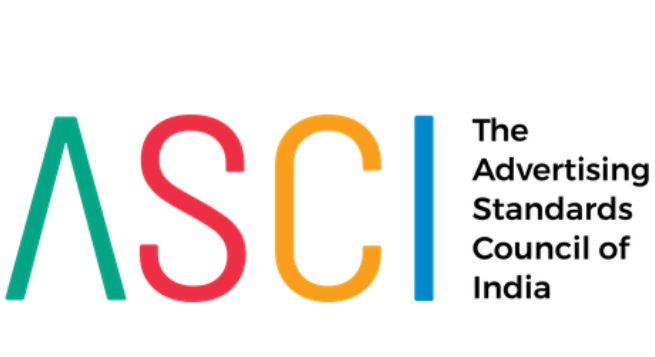The Advertising Standards Council of India (ASCI) will be focusing more on the education technology sector and ‘dark patterns’ going ahead, a top executive said on Friday.
According to ASCI’s Secretary General and CEO Manisha Kapoor, dark pattern refers to design behavioural techniques being deployed by advertisers to manipulate the customers through fake reviews or falsehoods on pricing.
“We are working on Edtech. We find education is a highly violative sector and will come out with a report after our study,” Kapoor told PTI, speaking a day after the self-regulatory organisation’s annual general meeting elected N S Rajan as its chairman.
She said with dark patterns, the body is taking a closer look through a detailed study.
She made it clear that the studies may or may not result in changes in the recommended code, but the broader attempt by ASCI is to nudge the industry participants and come out with guidelines wherever required.
Another major concern of the advertising council is privacy, which is drawing the interest of regulators across the world. ASCI feels that they are trailing in this aspect in India, Kapoor said.
She hoped that the revised data privacy bill is strong enough to take care of all the concerns for an orderly growth of the industry, according to a PTI report from Mumbai.
Building deterrence among the advertisers is a key aspect for the body, the newly-elected ASCI chairman said, there will be an emphasis on prevention to ensure that incidents of objectionable advertising are minimised.
The intent is to ensure that the consumer interest is protected, the newly-elected chairman of the organisation Rajan said, and aspired for a system where the brands take responsibilities towards consumers as seriously as they pay attention to creativity.
On being asked if the body will help advertisers who garner adverse attention for promoting universal values like brotherhood by taking it up with the government, Kapoor said, the job can be better done by bodies like Advertising Agencies Association of India, who are more directly related to it.
Referring to the recent advertisement by Tata Group’s jewellery brand Tanishq, Kapoor opined that the campaign was not found to be violative of the ASCI code.
Similarly, amidst a dash to the courts by some bodies for banning meat advertising, Kapoor further stated that the body does not feel non-vegetarian food advertisements violate its codes.
ASCI Elects Board of Governors: Meanwhile, at the board meeting following the 36th annual general meeting of the Advertising Standards Council of India on Thursday, NS Rajan, Director, August One Partners LLP, was unanimously elected as Chairman of the Board of Governors of the industry’s self-regulator.
Rajan is a public relations (PR) veteran with a demonstrated history of setting up and managing firms in the PR industry. He was earlier the Founder and Managing Director of Ketchum Sampark, an Omnicom Group company.
Saugata Gupta, Managing Director & CEO, Marico Limited, was elected Vice-Chairman, while Shashidhar Sinha, Chief Executive Officer at IPG Mediabrands India, was appointed Honorary Treasurer, according to a media statement from ASCI.
Subhash Kamath, the outgoing chairman, will now be a part of the Consultative Committee of the Board, which, among other activities, mentors the new initiatives of the organisation.
Virat Tandon, Group CEO of Lintas India, and Arun Srinivas, Director, GMS India (Meta), were newly inducted onto the Board at the same meeting.
Talking about his new role as the ASCI Chairman, Rajan in a statement said, “It is indeed a privilege to take up the role of ASCI Chairman. Our thought leadership initiatives, industry reports and ASCI Academy are important pillars of taking ASCI ahead into the future.
“I am looking forward to advancing the agenda of the Council to rapidly increase ASCI awareness among consumers so that they engage more readily and in greater numbers, voicing their concerns, anxieties, and questions about what they experience in the form of thousands of ads per day. That number, on average, in India is anywhere between 7000-10000 ads per day.
“I would also focus on ASCI’s efforts more towards prevention, in addition to the robust corrective mechanisms we have built over the decades. This we would do by using the several initiatives already in play – whether advice, guidance, training, or self-regulation. “
A key initiative announced at the AGM by the outgoing Chairman Kamath was the soon-to-be-launched ASCI Academy.
The ASCI Academy is set to move watchdog in the direction of training and awareness creation, and deep engagement with various stakeholders in the prevention of objectionable ads. This underlines ASCI’s move to create impact at the point of creation, and not merely the point of publication. A more detailed agenda for ASCI Academy will be unveiled over the next few weeks and months.
 Govt. not considering rules for use of AI in filmmaking: Murugan
Govt. not considering rules for use of AI in filmmaking: Murugan  DTH revenue slide to ease to 3–4% this fiscal year: Report
DTH revenue slide to ease to 3–4% this fiscal year: Report 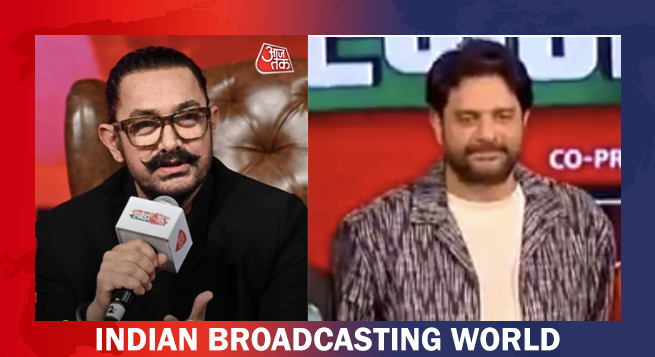 At Agenda Aaj Tak, Aamir, Jaideep Ahlawat dwell on acting, Dharam
At Agenda Aaj Tak, Aamir, Jaideep Ahlawat dwell on acting, Dharam 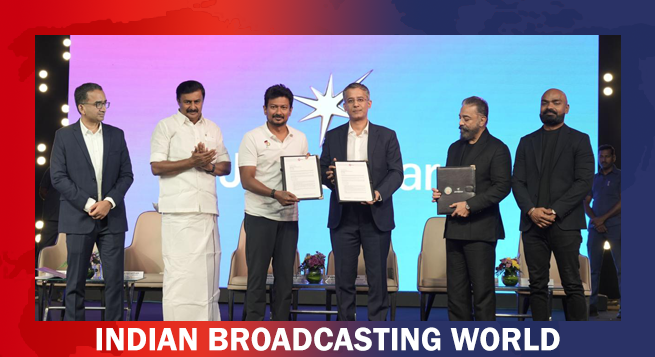 JioHotstar to invest $444mn over 5 years in South Indian content
JioHotstar to invest $444mn over 5 years in South Indian content 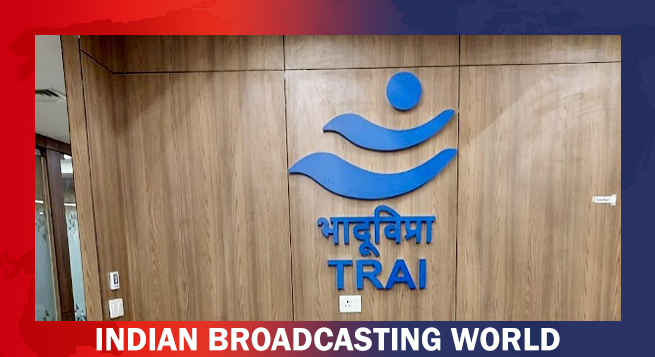 Standing firm, TRAI rejects DoT views on satcom spectrum fee
Standing firm, TRAI rejects DoT views on satcom spectrum fee  LaKeith Stanfield to play Dennis Rodman in Lionsgate’s ‘48 Hours in Vegas’
LaKeith Stanfield to play Dennis Rodman in Lionsgate’s ‘48 Hours in Vegas’  Saiyaara to make world television premiere on Sony MAX Dec 20
Saiyaara to make world television premiere on Sony MAX Dec 20 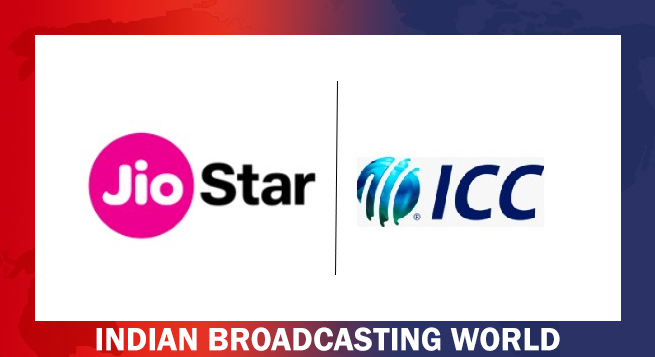 ICC, JioStar reaffirm media rights pact amid speculation
ICC, JioStar reaffirm media rights pact amid speculation  ‘Dominic and the Ladies’ Purse’ premieres on ZEE5 Dec 19
‘Dominic and the Ladies’ Purse’ premieres on ZEE5 Dec 19  Amazon announces 2 new Lara Croft games; one set in India
Amazon announces 2 new Lara Croft games; one set in India 



